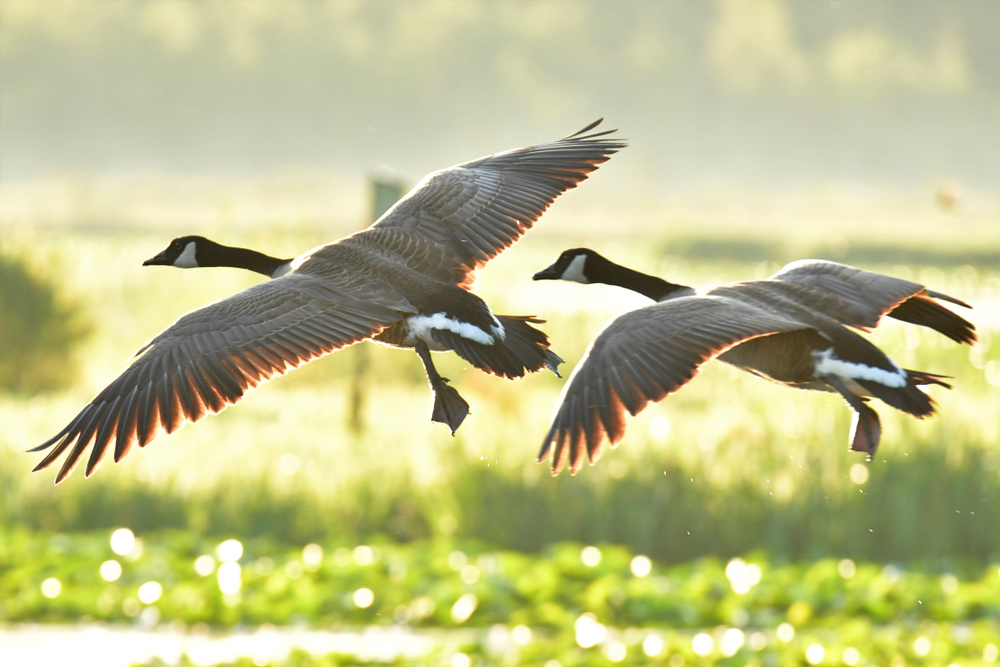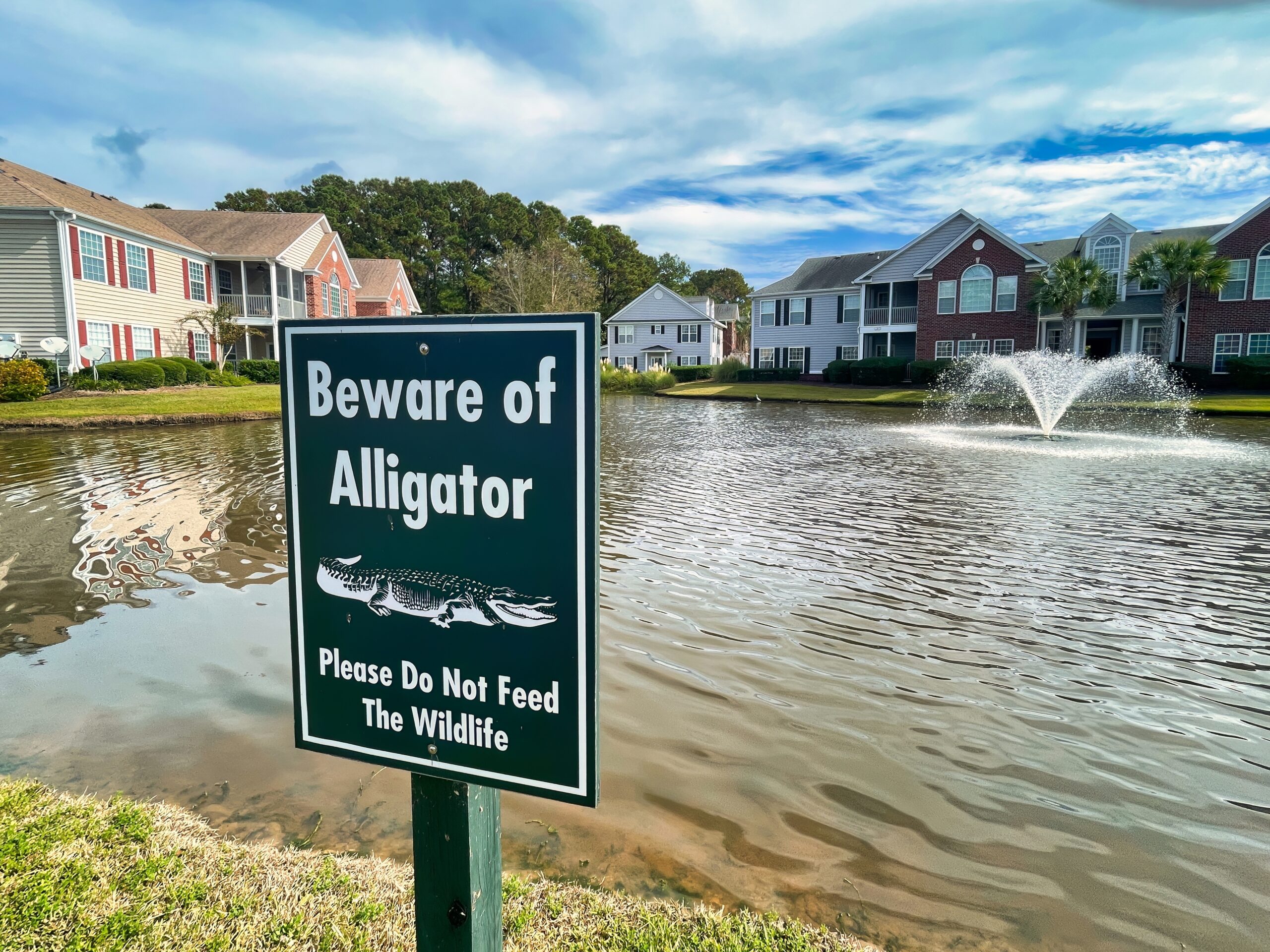BLOG
Our firm’s other South Florida community association attorneys and I have written about various wildlife incursions in Florida HOA and condominium association communities over the years in this blog. We’ve covered community associations contending with alligators, crocodiles, wild hogs, vultures, and other destructive and potentially dangerous wildlife, but a recent report by Fox 30 Action News in Jacksonville is a reminder that not all nuisance animals pose an immediate safety risk requiring fast attention by associations and their boards of directors.
The station’s report focuses on the issues that the Ironwood Village HOA is currently having with a flock of wild Canadian geese that have decided to make the Jacksonville community its permanent home and nesting grounds. Residents have complained to the association and on the community’s Facebook page about the geese eating their lawns and flowers, and creating a nuisance with their droppings and honking.
However, not all are in agreement as to how it should respond.
Community resident Andy Ghelerter tells the station’s reporter that for him the geese have only presented a minor traffic issue when they are slowly waddling across the streets. The story also includes an email from the HOA to one of the residents indicating there is not much it can do, as the geese are a protected species and a majority of the HOA’s members voted against destroying the eggs and nests. The association has also instructed all the homeowners and residents not to feed the geese, calling them an “environmental hazard to the area.”
Those communications and the vote of the membership would indicate that the community’s board of directors and property management have been addressing the issue and considering their options. They should not stop there, as the continued growth of the colony that has made their enclave its permanent year-round home probably cannot go unchecked forever.
As with most issues of such a specialized nature, bringing in the experts should be the HOA’s next order of business. For most serious wildlife incursions into communities such as this, one of the first calls should be to the Florida Fish and Wildlife Conservation Commission.
The state agency maintains five regional offices that are easily found on its website at www.myfwc.com. Contact the office for your county and correspond with its director or senior staff members about the issue, and inquire whether it would be possible for its wildlife officers to become involved by visiting the community to assess the situation and offer their input.
In addition, research and contact local wildlife trappers and experts to have them visit the community to offer their suggestions and possible services. These professionals as well as the FWC officers can be invited to present their information and answer residents’ questions during the association’s board meetings, and decisions regarding future courses of action should take all the experts’ and residents’ input into account.
For community associations, wildlife incursions can present serious safety and nuisance issues that should not go unaddressed. By listening to residents as well as the information from qualified experts, and perhaps also working in conjunction with neighboring communities as necessary, associations will be able to develop and deploy the most effective possible action plans for contending with whatever mother nature has in store.
Click here to watch the recent report in the station’s website.


